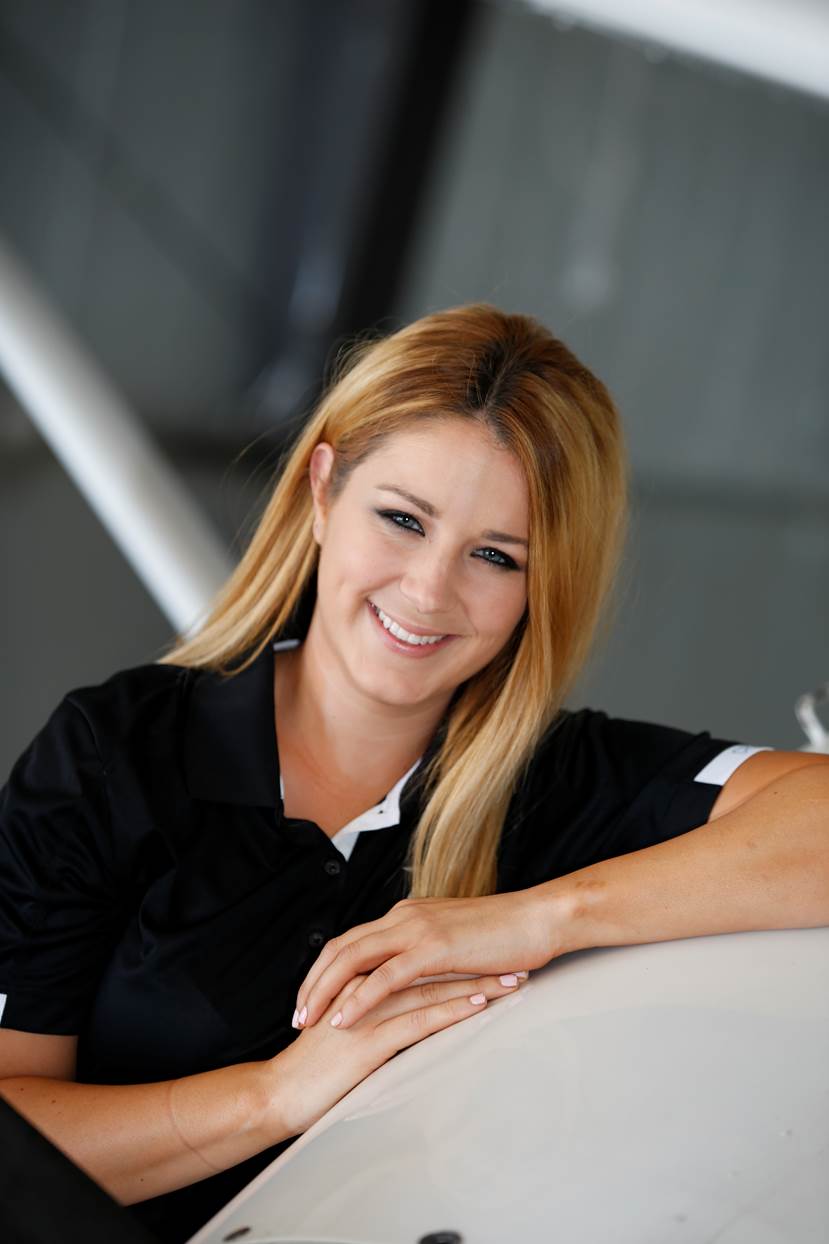FAA accepting applications for aviation workforce grants
On January 19, the FAA announced it is accepting electronic applications for its two Aviation Workforce Development Grant programs—a critical step to inspire and recruit the next generation of aviation professionals and maintenance technicians. AOPA has long championed this effort. Despite the industry downturn associated with the coronavirus pandemic, many experts continue to predict a shortage of aviation workers in coming years.
Only projects that involve creating and delivering a curriculum for high school students with a reliance on aviation education or supporting the professional development of teachers using the curriculum are eligible for the grant. Recipients will be selected from the pool of qualified organizations defined by Congress, making individual applicants ineligible. Additionally, the grants may not be used to pay for flight training expenses or aircraft rental fees, and they do not reimburse expenses incurred by the student.
The Aircraft Pilots workforce development grant is intended to provide students with aviation education, preparing them for careers as aircraft pilots, aerospace engineers, or unmanned aircraft system operators. Air carriers, flight schools, higher education institutions or high schools, state or local government entities, and organizations such as AOPA, which represent aircraft owners, users, or pilots, are welcome to apply.
The development of an aviation-based science, technology, engineering, and math (STEM) curriculum for high school students has been one of AOPA’s top priorities. The AOPA High School Initiative, a component of the You Can Fly program, was created to support and grow the pilot population. In the current school year approximately 8,000 students in more than 200 schools are using the AOPA High School Aviation STEM Curriculum. Of those students 20 percent are female and 51 percent are people of color. AOPA provides the curriculum to schools at no cost, and also conducts in-person and online training for teachers and administrators using the curriculum.
“STEM based aviation education programs are very important to introducing students to aviation and all that it offers. This grant program will help ensure aviation STEM curriculum is made accessible to our youth across the country,” said AOPA Senior Vice President of Government Affairs Jim Coon. “Thanks to broad bipartisan support from members of Congress, the industry, teachers, and schools, we can now continue to invest in programs crucial to enabling the next generation of aviators.”
In addition to the Aircraft Pilots workforce development grant, the FAA will also be establishing a grant program aimed at aviation maintenance technical workers. According to the FAA, eligible applicants will include holders of a certificate issued under 14 CFR Parts 21, 121, 135, or 145; labor organizations representing aviation maintenance workers; accredited higher education institutions and high schools; and state or local governmental entities. According to the FAA, eligible applicants from academia and the aviation community can submit applications online through March 22. Grant awards range from $25,000 to $500,000 for any single grant per fiscal year.
The You Can Fly program is funded by charitable donations to the AOPA Foundation, a 501(c)(3) organization. To be a part of the solution, visit www.aopafoundation.org/donate.




